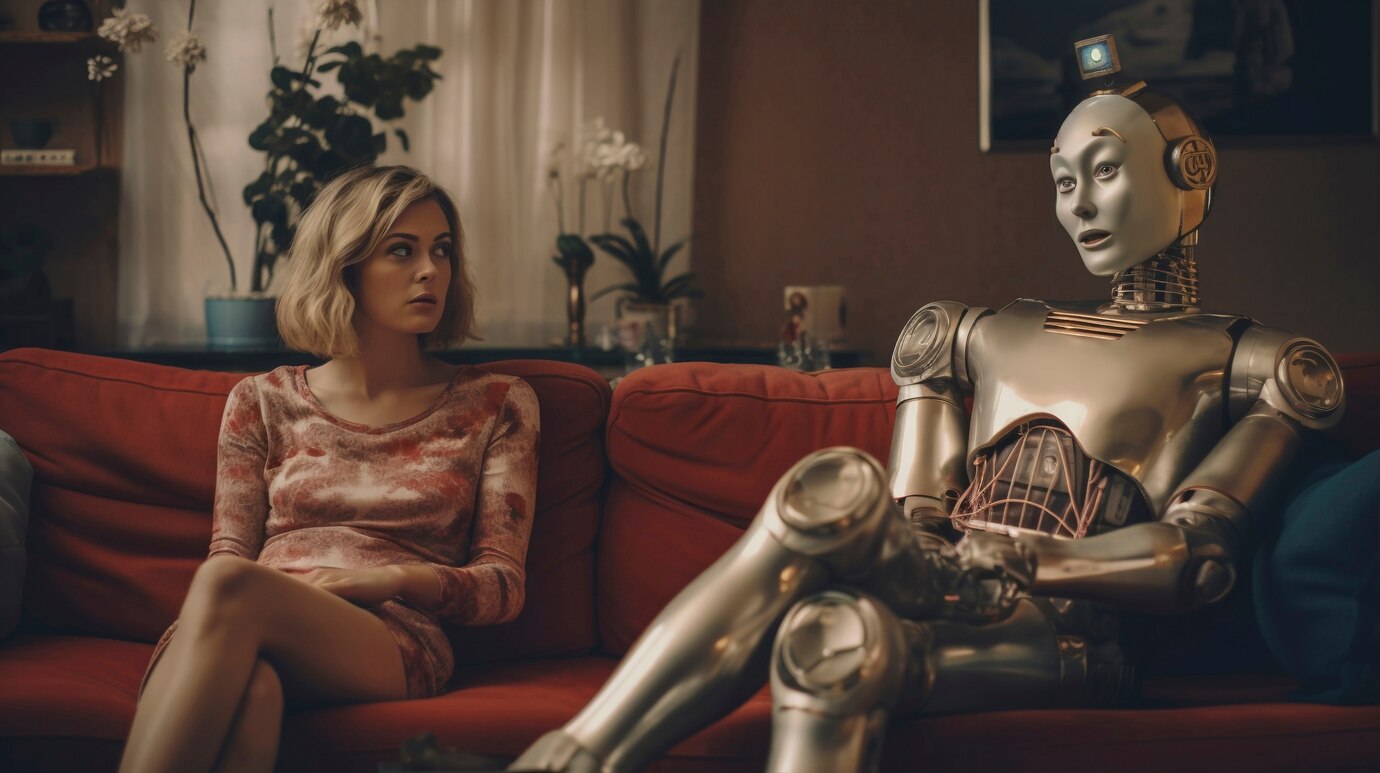Artificial Intelligence is no longer just a sci-fi fantasy—it’s writing code, diagnosing patients, moderating content, recommending what we watch, and even operating autonomous vehicles. As AI becomes more embedded in daily life, the conversation has shifted from “Can machines think?” to a far more human question: Can machines be moral?
In a world where lines between algorithm and authority are blurring, it’s time to ask—should we trust AI to make decisions that have ethical consequences?
What Do We Mean by “Moral” Decisions?
Moral decisions involve values, consequences, and often, complex trade-offs. Should a self-driving car swerve to save a pedestrian if it means risking the passenger’s life? Should an AI judge grant bail based on statistical risk, even if it perpetuates systemic bias? Should a chatbot be allowed to give mental health advice—or relationship counseling?
Unlike clear-cut, rules-based decisions, moral dilemmas are messy. They require empathy, context, and sometimes choosing the “least bad” outcome. These are not just data problems—they’re human problems.
How AI Makes Decisions
AI doesn’t “think” or “feel.” It makes decisions based on training data, algorithms, and objectives set by humans. If you feed an AI thousands of medical records and ask it to predict the likelihood of disease, it can find patterns—but it doesn’t understand what it means to be sick. It can simulate empathy in a chatbot, but it doesn’t feel anything.
This gap between computation and conscience is where ethical concerns begin.
Where Ethics Meets AI in the Real World
Here are just a few areas where machines are making decisions that raise ethical red flags:
1. Criminal Justice
AI tools are used in sentencing and parole decisions based on predictive risk. But many of these systems have been shown to reflect and reinforce racial and socioeconomic biases present in the data they were trained on.
2. Healthcare
AI can help diagnose illnesses, but what happens when it prioritizes efficiency over empathy, or when a wrong decision could cost a life?
3. Hiring
Automated resume-screening tools can streamline recruitment—but they’ve also discriminated against women and minority applicants due to biased training data.
4. Military
AI is already being tested for use in autonomous weapons. Who’s accountable if a drone makes a “bad call”?
Can AI Be Taught Ethics?
To some extent, yes—but it’s incredibly complicated. Efforts to “teach” ethics to AI often take the form of:
-
Rule-based systems: Hardcoding ethical frameworks (e.g., Asimov’s Laws of Robotics).
-
Machine learning with value alignment: Training AI to mirror human ethical judgments by learning from examples.
-
Multistakeholder design: Involving ethicists, psychologists, and sociologists in building AI systems.
But the biggest challenge? Ethics isn’t universal. What’s considered morally acceptable in one culture or context might be wrong in another. Even humans struggle to agree on ethical solutions. How do we expect machines to do it perfectly?
Who’s Responsible When AI Goes Wrong?
One of the thorniest issues in AI ethics is accountability. If an AI makes a harmful decision, who’s to blame?
-
The developer who built the algorithm?
-
The company who deployed it?
-
The user who relied on it?
-
Or the data that shaped it?
In many cases, responsibility is diffused, making it hard to assign blame or seek justice. That’s why legal and regulatory frameworks for AI are still racing to catch up.
The Need for “Human in the Loop”
Most ethicists agree: AI should assist, not replace, human decision-making—especially in high-stakes situations. Keeping a “human in the loop” ensures there’s oversight, empathy, and moral reasoning that AI still lacks.
But even here, there’s a risk. When humans rely too heavily on AI (a phenomenon known as automation bias), we may defer to the machine without critically evaluating its choices.
A Mirror, Not a Moral Compass
AI reflects the values of its creators. It doesn’t invent morality—it absorbs it, amplifies it, and sometimes distorts it. That’s why ethical AI starts not with machines, but with people.
The real question isn’t whether AI can be ethical—but whether we can be. Can we design systems that reflect the best of human values, not just the most efficient ones? Can we ensure that as AI grows smarter, it also grows more accountable, inclusive, and just?
In the age of algorithms, ethics isn’t optional—it’s foundational.

